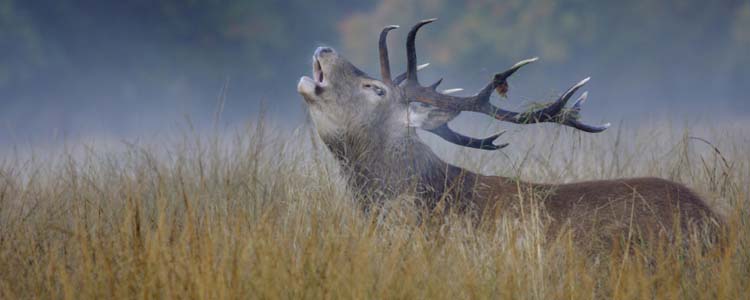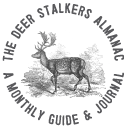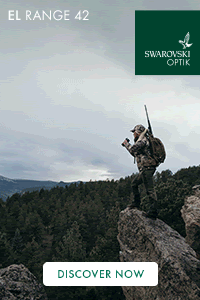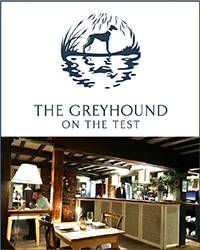Exploring the trend and the case for hunting your own meat.
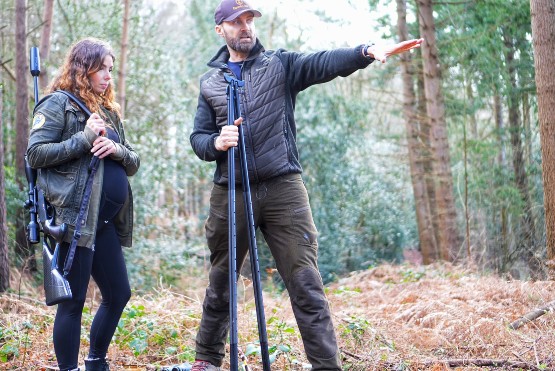
In recent years, the carnivore diet has surged in popularity, captivating the attention of health enthusiasts and sceptics alike. This dietary approach, characterized by the consumption of exclusively animal products, has sparked debates and piqued curiosity. But what exactly is the carnivore diet, and why is it trending? Moreover, why should activities such as deer stalking be considered a crucial component of this lifestyle? We delve into these questions and explore the intricacies of the carnivore lifestyle.
The Carnivore Diet: Understanding the Trend
At its core, the carnivore diet is a dietary regime that emphasizes the consumption of animal products to the exclusion of plant-based foods. Followers of this diet typically consume meat, fish, eggs, and certain animal-derived products like butter and cheese, while avoiding fruits, vegetables, grains, and other plant-based foods.
Proponents of the carnivore diet advocate for its potential health benefits, which include weight loss, improved mental clarity, and relief from certain health conditions such as autoimmune disorders and digestive issues. The rationale behind this diet lies in the belief that humans evolved as carnivorous beings and that plant-based foods may contribute significantly to various health problems due to their anti-nutrient content and potential for inflammation.
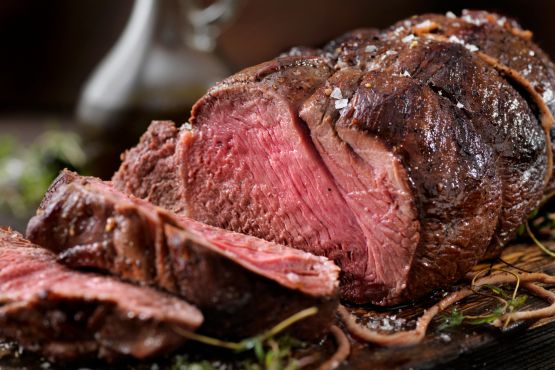
The popularity of the carnivore diet can also be attributed to its simplicity. Unlike other dietary approaches that involve meticulous meal planning, the carnivore diet offers a straightforward eating plan that requires minimal effort and decision-making.
However, critics of the carnivore diet raise concerns about its nutritional adequacy and potential long-term health risks, citing the lack of essential nutrients found in plant-based foods, such as fibre, vitamins, and phytonutrients. Additionally, there is limited scientific research on the long-term effects of the carnivore diet, leaving many questions unanswered about its safety and sustainability.
The Role of Hunting and Harvesting in the Carnivore Lifestyle
While the carnivore diet primarily focuses on what to eat, the manner in which meat is sourced is equally important for many adherents of this lifestyle. Hunting and harvesting your own meat align closely with the principles of the carnivore diet, emphasizing a connection to the food we consume and a return to ancestral eating practices.
Hunting allows individuals to procure high-quality, nutrient-dense meat while engaging in physical activity and connecting with nature. Unlike factory-farmed meat, which may be reared in crowded and unnatural conditions, wild game such as deer, offer a more natural and sustainable source of protein and nutrients. Wild animals are often leaner and have a more diverse nutrient profiles compared to their domesticated counterparts.
Furthermore, hunting promotes self-reliance and independence, empowering individuals to take control of their food sources and reduce their reliance on industrial agriculture. By participating in activities such as hunting and deer stalking and the harvesting process, carnivore enthusiasts gain a deeper appreciation for the food on their plate and develop a heightened sense of respect for the animals they consume.

In addition to the nutritional and ethical considerations, hunting and harvesting your own meat can also have environmental benefits. Sustainable hunting practices such as deer stalking, help manage wildlife populations, prevent overgrazing and habitat destruction, and contribute to conservation efforts. By supporting ecosystem balance and biodiversity, hunting aligns with the principles of environmental stewardship and sustainability.
In Conclusion: The carnivore diet has emerged as a compelling dietary approach, offering simplicity, potential health benefits, and a return to ancestral eating patterns. While the diet itself has garnered attention, the importance of sourcing high-quality meat through hunting and harvesting should not be overlooked.
By embracing hunting as a part of the carnivore lifestyle, individuals can enhance their connection to the food they consume, promote sustainability, and foster a deeper appreciation for the natural world. Whether for health, ethical, or environmental reasons, hunting and harvesting your own meat can serve as a fulfilling and enriching component of the carnivore lifestyle.
If you’d like to watch a film in which nutritionist and pregnant mum Frankie, sets out to source some venison follow this link: youtube.com/watch
If you’d like source your own food from the wild and learn how to hunt your own deer, a great place to start is by taking the ‘Proficient Deer Stalking Certificate Level 1’ (PDS1) course. To find out more about the PDS1 and get started on this exciting journey, follow this link: deer-stalking-course
Alternatively, why not just give us a call on 0203 981 0159 or email us:




